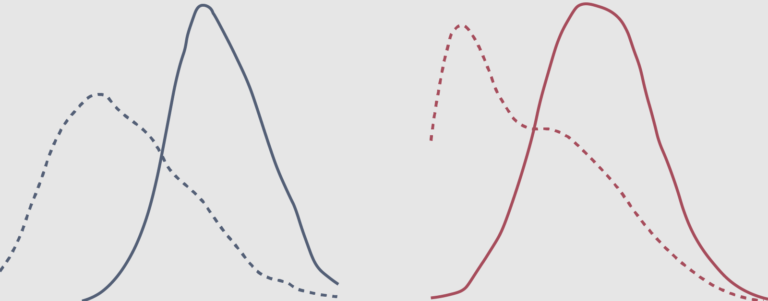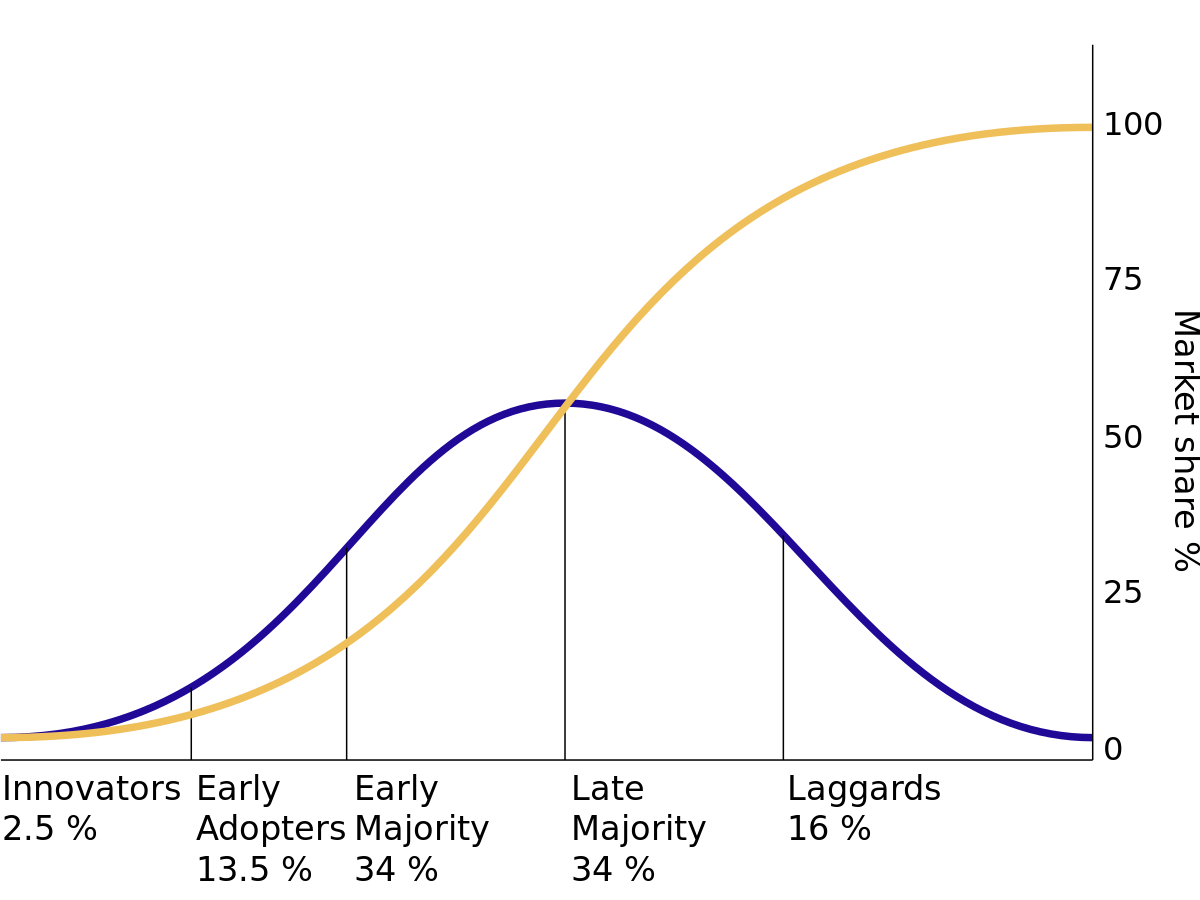Down and High: Reflections Regarding Depression and Cannabis
Reviewed by: Daniel Stjepanović, The University of Queensland, Australia; Wayne Denis Hall, The University of Queensland, Australia
This is an open-access article distributed under the terms of the Creative Commons Attribution License (CC BY). The use, distribution or reproduction in other forums is permitted, provided the original author(s) and the copyright owner(s) are credited and that the original publication in this journal is cited, in accordance with accepted academic practice. No use, distribution or reproduction is permitted which does not comply with these terms.
In light of the recent changes in the legal status of cannabis in Canada, the understanding of the potential impact of the use of cannabis by individuals suffering from depression is increasingly considered as being important. It is fundamental that we look into the existing literature to examine the influence of cannabis on psychiatric conditions, including mood disorders. In this article, we will explore the relationship that exists between depression and cannabis. We will examine the impact of cannabis on the onset and course of depression, and its treatment. We have undertaken a wide-ranging review of the literature in order to address these questions. The evidence from longitudinal studies suggest that there is a bidirectional relationship between cannabis use and depression, such that cannabis use increases the risk for depression and vice-versa. This risk is possibly higher in heavy users having initiated their consumption in early adolescence. Clinical evidence also suggests that cannabis use is associated with a worse prognosis in individuals with major depressive disorder. The link with suicide remains controversial. Moreover, there is insufficient data to determine the impact of cannabis use on cognition in individuals with major depression disorder. Preliminary evidence suggesting that the endogenous cannabinoid system is involved in the pathophysiology of depression. This will need to be confirmed in future positron emission tomography studies. Randomized controlled trials are needed to investigate the potential efficacy of motivational interviewing and/or cognitive behavioral therapy for the treatment of cannabis use disorder in individuals with major depressive major disorder. Finally, although there is preclinical evidence suggesting that cannabidiol has antidepressant properties, randomized controlled trials will need to properly investigate this possibility in humans.
Depression is a leading cause of disability in the world (1, 2) with a lifetime prevalence in the general population of about 15% (3). As such, any factor that modifies the course or presentation of depression has a disproportionate impact on disability and individual burden of illness.
/cloudfront-us-east-2.images.arcpublishing.com/reuters/HLIQQTUKUBPSRDYXRWI3OZP2MQ.jpg)


















